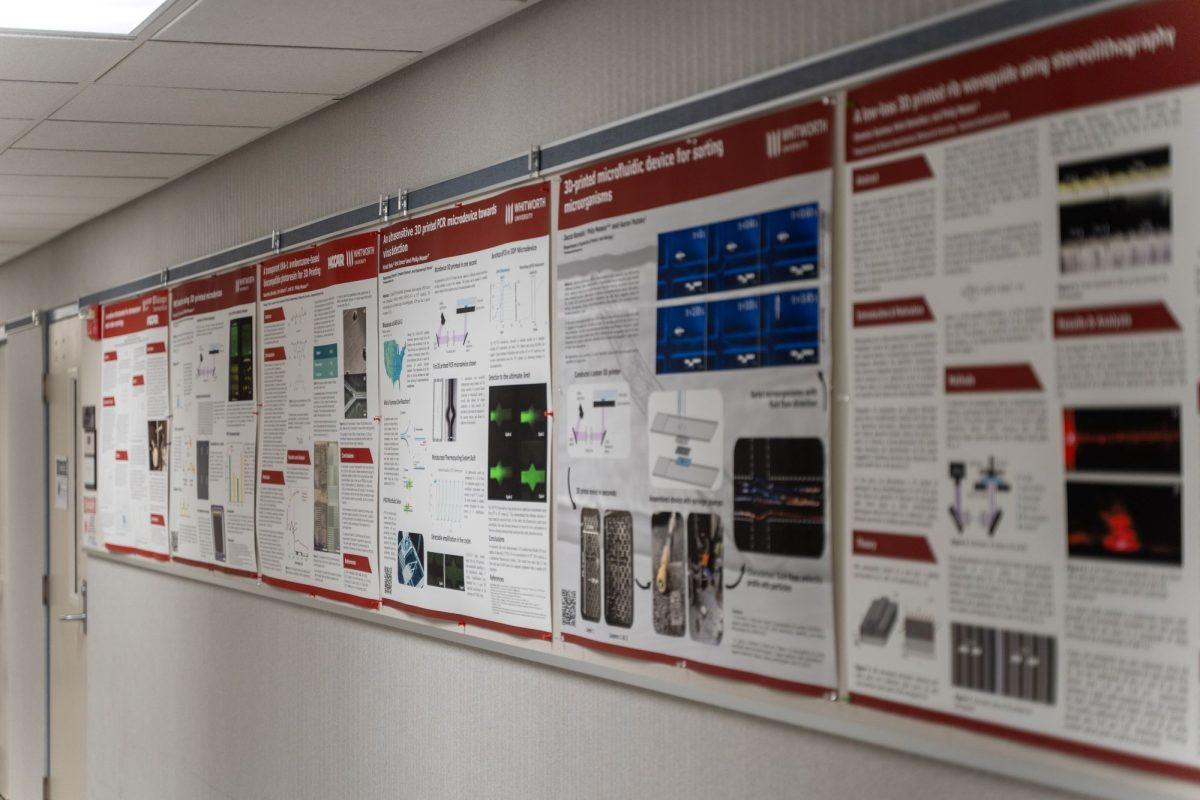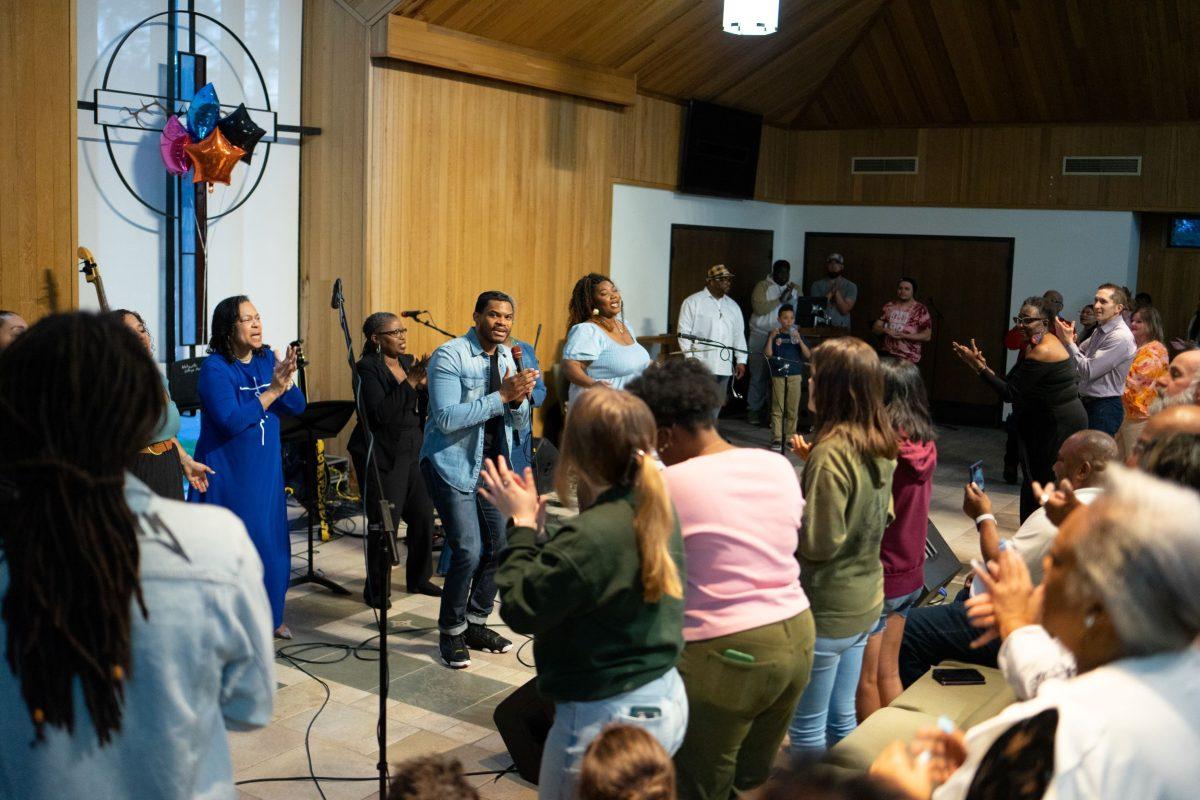The announcement of Whitworth’s new honors program last month caused a variety of reactions among students. At the town hall meeting on March 8, some students felt faculty listened to student opinions while having already decided their minds in favor of the honors program, and therefore there wouldn’t be any use voicing concerns about the future of the program.
According to the honors program steering committee, that is an untrue assumption. Students and faculty members concerned with the honors program met last week in two open meetings to answer student questions as well as brainstorm ideas, which would be shared with the rest of the honors program steering committee.
Committee member Adam Neder, associate professor of theology, facilitated the first meeting.
“What incentive will the committee have in not hearing what you all have to say?” Neder asked the students. “The idea is for open dialogue indefinitely,” Neder later said.
The meeting on April 10 focused on the community impact and aspects of research, while the meeting on April 12 addressed how the Honors program will make use of internships and study abroad.
Senior Danny Gubitz participated in both meetings.
“I want to go to [the meetings] because I’m interested and invested in Whitworth,” Gubitz said. “I want to make sure students have a voice and the faculty knows that students care.”
The honors program proposal went through a lengthy process before getting to that point, committee member Kathryn Picanco, assistant professor of education, said in the Tuesday meeting, including being presented to the Curriculum Oversight Committee. Starting an honors program has been discussed by faculty for 10 or 15 years, Neder said. The Honors program Steering Committee began about two months ago and is continuing to settle the details of how the program will work.
The students and faculty present at the Thursday meeting considered the question of what would qualify an internship or study abroad trip at the honors level. Another question was how honors students with incoming credits will participate in the offered classes.
“There’s a tremendous amount of research that went into the initial proposal,” Picanco said. “I know some people seem to have issues with how fast it has gone through, because students have not known about it for very long.”
One original concern of the faculty was that the Honors program would create a two-tiered culture of honors and non-honors students, Neder said. Other issues included how to fund courses and fit classes with teachers. The suggestion of implementing the Honors program also presented the question of why the Program would be needed unless it reflected that current classes are not good enough.
“The honors courses are supposed to be innovative in pedagogies, and it encourages experimental thinking,” Neder said.
Picanco said the honors program courses would focus on depth, complexity and interdisciplinary studies.
The program is expected to accept 140 freshmen for next year and will offer six classes in fall 2012 for entering freshmen. The whole program is planned to grow to about 25 offered courses. Students who are ineligible for honors would be able to appeal where space was available.
“I think [the honors program is] important because anything that desires to stimulate intellectual development can be a catalyst for students who want to go deeper,” Buckham said.
Contact Emily Roth at [email protected].





